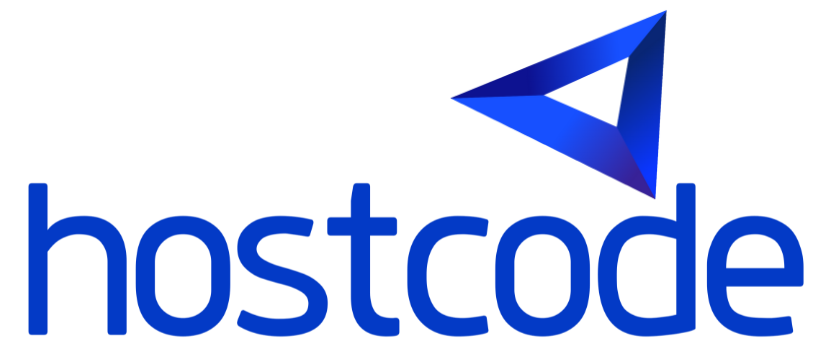Shoutcast is a popular platform that lets you create your own internet radio station and share your audio with the world. It’s like having your own radio show that anyone can listen to online! Whether you’re a musician wanting to share your music, a DJ hosting a live mix, or someone with a passion for talk radio, Shoutcast provides the tools to make it happen.

A Little Bit of History of ShoutCast
Shoutcast was created way back in 1998 by a company called Nullsoft, the same folks who made the popular Winamp media player . It started as a way to stream music over the internet using Winamp, and it quickly became a favorite for people who wanted to create their own online radio stations.
How Shoutcast Works
Imagine Shoutcast as a bridge between you and your listeners. On one side of the bridge is you, the broadcaster, with your music, microphone, or any other audio source. On the other side are your listeners, tuning in from their computers or phones. Shoutcast is the technology that connects the two.
Here’s a simplified breakdown of how it works:
- You send your audio to a Shoutcast server. This server is like a special computer that’s always online and ready to receive your audio stream. You can send your audio live using a microphone and encoder, or you can use pre-recorded audio files.
- The Shoutcast server encodes your audio. Encoding is like packaging your audio into a format that can be easily streamed over the internet. Shoutcast mainly uses MP3 or AAC, which are popular audio formats that work well for streaming.
- The server sends your encoded audio to your listeners. When someone tunes in to your station, the Shoutcast server sends them a continuous stream of audio data that they can listen to in real-time.
Think of it like this: you’re the DJ, the Shoutcast server is the radio tower, and the internet is the airwaves that carry your music to everyone listening.
What Makes Shoutcast Special?
Shoutcast has some cool features that make it a great choice for internet radio:
- It’s easy to use. Setting up a Shoutcast station is surprisingly simple, even if you’re not a tech expert. Many hosting providers offer easy-to-use control panels and guides to help you get started.
- It’s widely supported. You can listen to Shoutcast streams on tons of different devices, including computers, phones, and even some smart speakers. This means more people can tune in to your station!
- It has a directory. Shoutcast has its own directory where people can find and listen to your station. This can help you get more listeners and grow your audience.
- It supports metadata. Metadata is extra information about your audio, like the song title and artist name. Shoutcast lets you include this metadata in your stream, so listeners know what they’re hearing.
What Do You Need to Get Started?
If you’re thinking about starting your own Shoutcast radio station, here are the basic things you’ll need:
- A computer or server. This is where you’ll run the software that sends your audio to the Shoutcast server.
- An internet connection. A stable and fast internet connection is essential for smooth streaming.
- An encoder. An encoder is a program that converts your audio into a streamable format.
- Audio content. This is the music, talk shows, or other audio you’ll be broadcasting.
- A Shoutcast hosting plan. This gives you access to a Shoutcast server that will host your stream.
Choosing the Right Shoutcast Hosting
There are different types of Shoutcast hosting to choose from:
- Shared hosting: This is like sharing an apartment with other radio stations. It’s affordable, but you might experience slower speeds if everyone is using the server at the same time.
- Dedicated hosting: This is like having your own house. You get a server all to yourself, so you’ll have more power and control.
- Cloud hosting: This is like renting a room in a huge hotel. You get access to a network of servers, so your stream will be more reliable and can handle more listeners.
The best type of hosting for you depends on your needs and budget. If you’re just starting, shared hosting might be a good option. If you expect a lot of listeners or need more control, dedicated or cloud hosting might be better.
Legal Considerations
If you’re planning to play commercial music on your Shoutcast station, you might need to obtain licenses to avoid copyright issues. Copyright law protects musicians and songwriters, so it’s important to make sure you have the right to broadcast their music.

